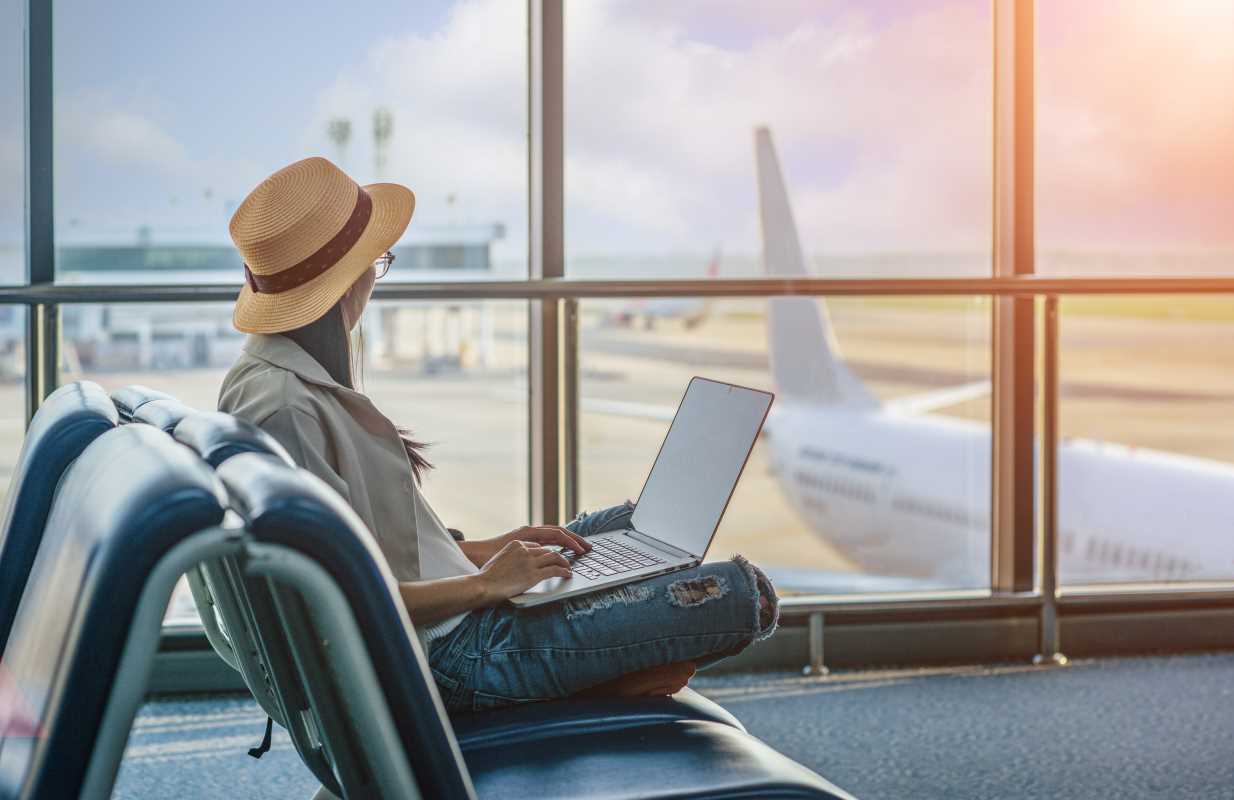The world is changing, and so is the way people work. Many workers are ditching traditional offices and choosing a new lifestyle—they’re becoming digital nomads. A digital nomad is someone who works online and has the freedom to live wherever they want, whether it's a beachside town or a bustling city across the globe. While this life sounds like a dream, it does come with some important responsibilities, like figuring out how to handle taxes. Understanding tax rules and how to optimize them is key for digital nomads to make the most of this exciting way of life.
Knowing Your Tax Residency
When you become a digital nomad, one of the first things you need to learn is about tax residency. Tax residency is a term that determines where you have to pay taxes. It doesn’t always mean the country where you were born or have a passport. Many times, it depends on where you spend most of your time. Different countries have different rules about what makes someone a tax resident.
Something to keep in mind is that some countries say you’re a tax resident if you stay there more than six months in a year. Others look at where your main job is based or where your property is located. To keep things simple, you need to know the rules of the country or countries you plan to spend time in. Once you figure out your tax residency, it’s easier to understand what taxes you owe and where to pay them.
Using Tax Treaties
Another smart strategy for digital nomads is to look at tax treaties between countries. A tax treaty is an agreement between two countries to avoid double taxation. Double taxation happens when you’re required to pay taxes for the same income in more than one place—like in the country where you earned it and the country where you live. This can be frustrating and expensive.
Thankfully, many countries have these agreements, which make life easier for people who travel and work internationally. Tax treaties can help digital nomads reduce their tax burden by ensuring they’re not paying the same tax twice. To use these treaties, you’ll need to check which countries offer them and see how they apply to your situation.
Keeping Detailed Records
One of the best ways for a digital nomad to stay on top of taxes is by keeping detailed records. This means writing down all your income, expenses, and travels throughout the year. It might sound like extra work, but it’s super important. Tax offices in different countries may ask for proof to show why you don’t owe taxes—or why you do!
Keeping records can also help you take advantage of deductions. A deduction lowers the amount of income you pay taxes on by factoring in certain expenses related to your work. If you pay for internet access, travel for business, or rent an office space, these could count as deductions in some places. Keeping good records helps you prove all of this.
Understanding Non-Resident Taxation
When you travel as a digital nomad, you might wonder if you have to pay taxes in the countries you visit. This depends on whether you become a tax resident there or not. If you’re only staying for a short time and don’t meet the requirements of tax residency, you may be taxed as a non-resident.
Non-resident taxation usually applies only to the income earned in that country. If you’re a consultant who did a job for someone in the country you’re visiting, they might take out taxes for that specific job. Learning about how non-resident taxation works in the places you travel helps you avoid surprises.
Choosing the Right Financial Structure
Many digital nomads work as freelancers, which often means they earn money from clients in different countries. Some choose to set up their own business or company instead of working as an individual. This decision can affect how much tax they pay.
When you register a business, it may give you advantages like lower tax rates in certain countries or more deductions. Some digital nomads choose places with friendly tax policies to register their businesses. However, this requires careful planning and understanding of the laws involved.
Using Offshore Bank Accounts
Offshore bank accounts are accounts you open in a country other than where you live. For digital nomads, these accounts can make managing money across different countries easier. If you work for clients in one country, an offshore account might help you save on fees for transferring money back and forth.
It’s important to follow the rules about offshore accounts. Many countries have strict laws about reporting them to ensure taxes are being paid properly. Before opening an offshore account, it’s a smart idea to learn how it fits into your overall tax plan.
Staying Updated on Tax Changes
Tax rules and laws aren’t the same forever; they change as governments update their policies. For digital nomads, staying informed about tax changes in the places they visit or do business is important. This is why many digital nomads work with tax professionals who specialize in international taxes. It’s their job to keep track of these laws and advise clients about them.
Even if you’re handling taxes yourself, keeping up with the latest information will save you time and stress. Regularly reviewing the tax laws for digital nomads ensures you’re following the rules and making smart choices when it comes to your income.
Setting Aside Money for Taxes
Lastly, a simple yet powerful strategy is to keep part of your income set aside for taxes. It can be easy to forget about taxes when you’re earning money and traveling to exciting places. But when tax season comes, you’ll need to have the money ready. Setting aside a percentage of your earnings as soon as you get paid is a good habit.
This ensures you’ll have enough to cover what you owe, whether it’s to one country or multiple. Being prepared in advance saves you from last-minute stress and keeps your finances in good health.
By learning these tax optimization strategies, digital nomads can enjoy the freedom of their lifestyle without the hassle of unexpected tax issues. Knowing the rules, planning ahead, and staying organized makes all the difference in creating a life that’s both adventurous and financially smart.
 (Image via
(Image via





